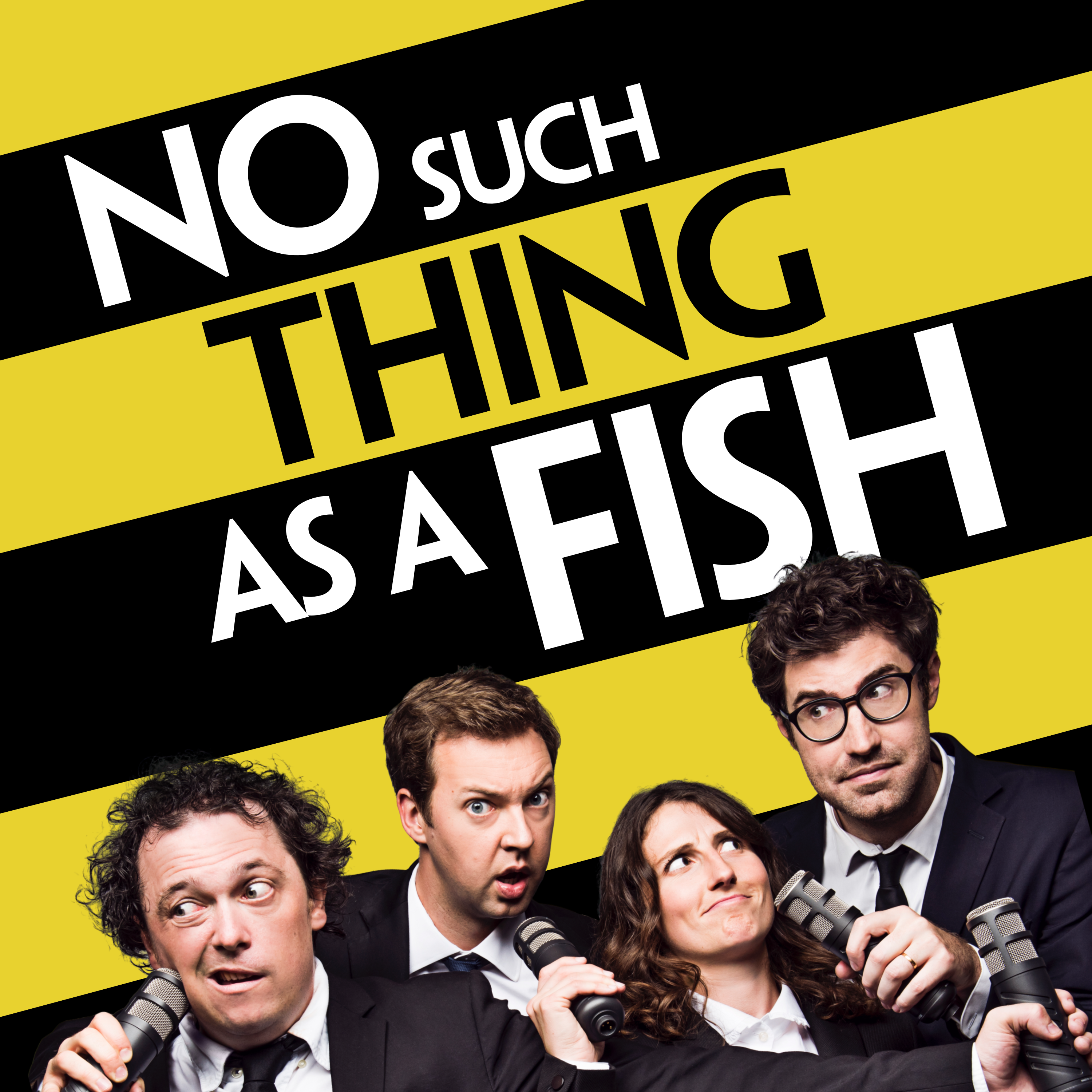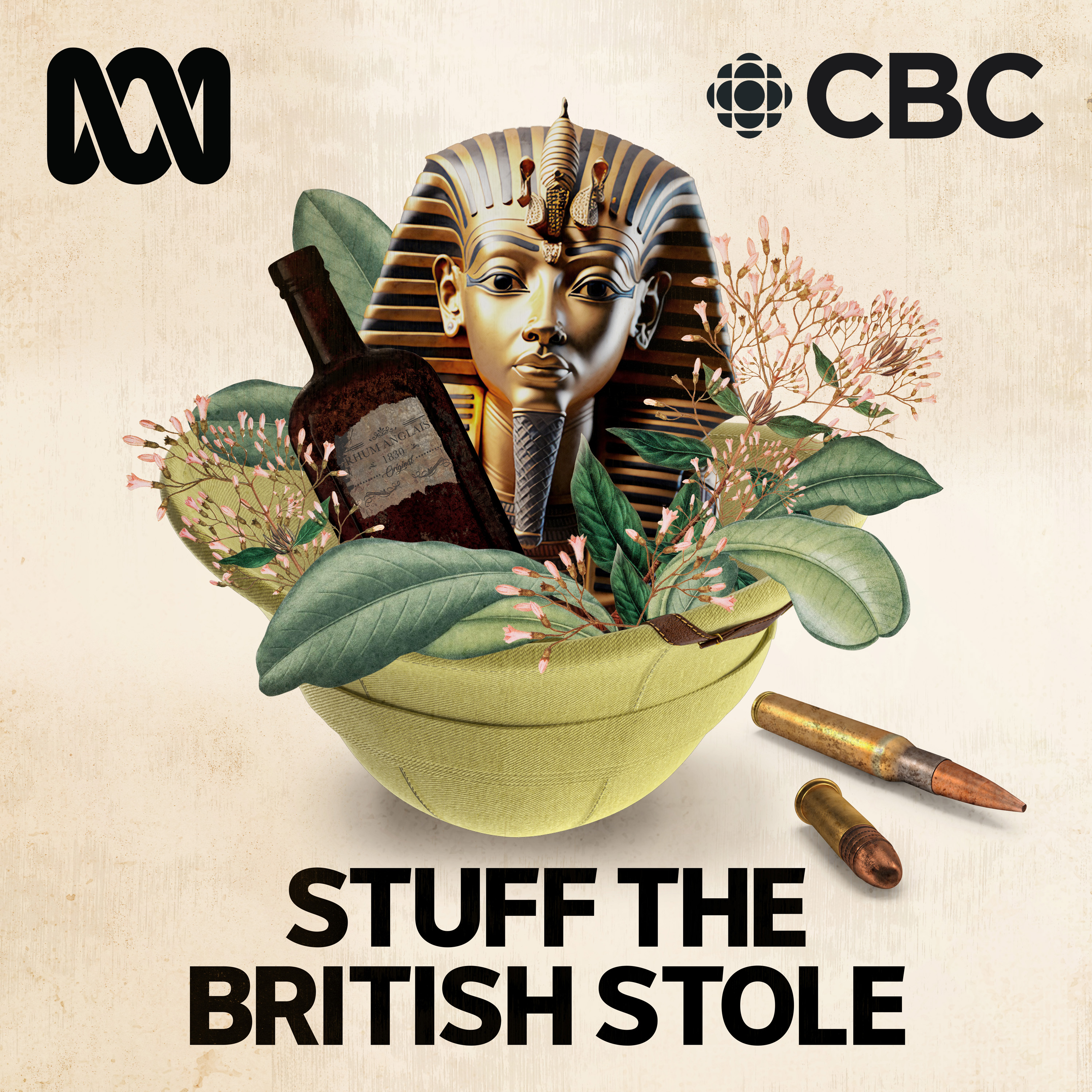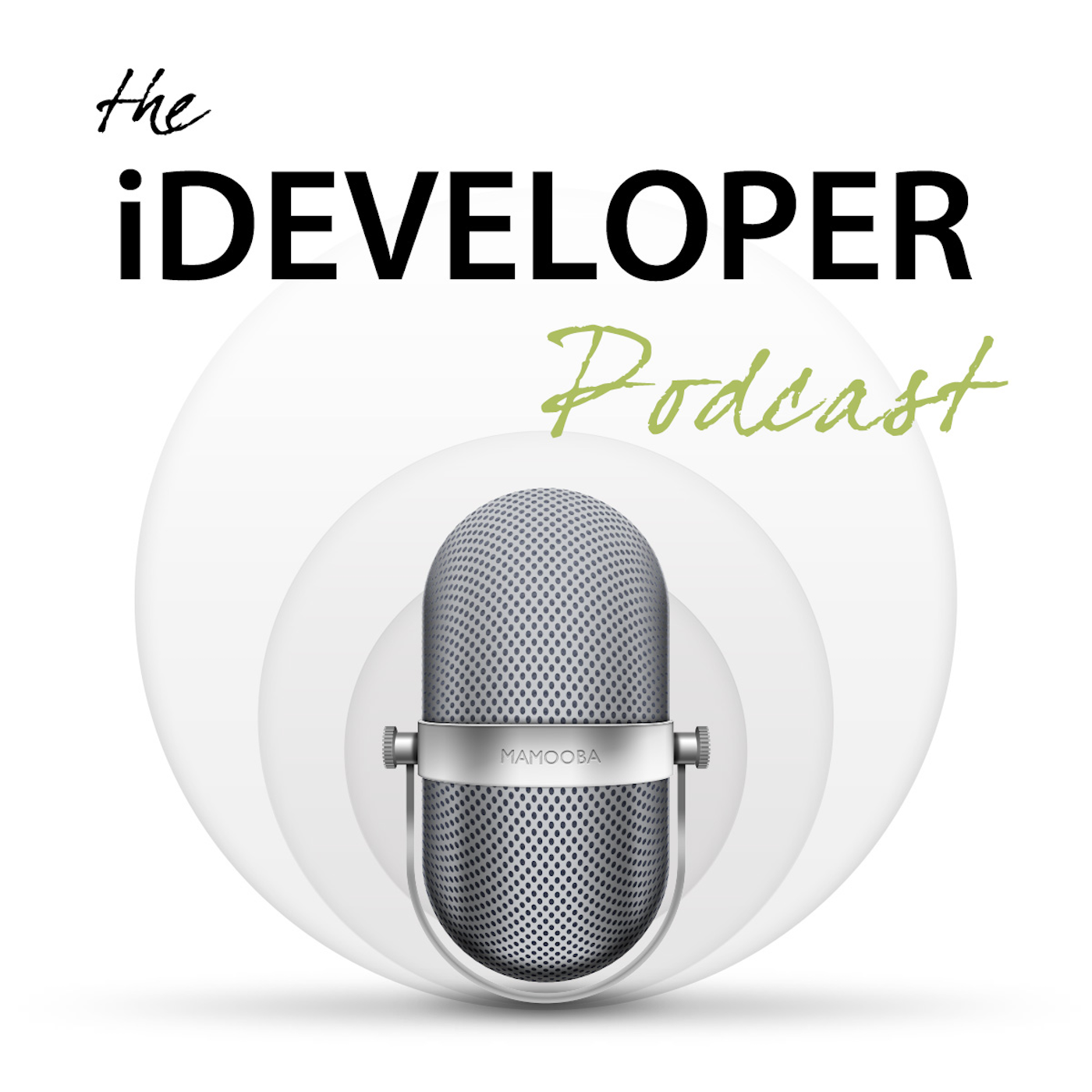
Piano, finally
Piano Finally is a podcast by an old bloke who is learning the piano, finally. I cover the process of learning the piano and music theory as an adult learner. I also review piano books, hardware and other materials from an adult learner's perspective.
Piano, finally
Episode 66 - Nothing's Wasted
Use Left/Right to seek, Home/End to jump to start or end. Hold shift to jump forward or backward.
🎙 Episode 66 – Nothing’s Wasted
Welcome back to Piano, Finally, the podcast of one bloke learning piano later in life. This episode didn’t go quite as planned—I was meant to be sharing a recording from Devi’s piano showcase, but thanks to a calendar mishap, I missed it by a day. Disappointing, yes—but not wasted. The extra practice means I now have four polished pieces ready to play whenever someone asks.
🎧 YouTube Spotlight – David Bennett
Two new videos worth a look:
- Beginner’s Guide to Woodwind Instruments
, the third in a series explaining orchestral sections, complete with examples and a quiz. - 67 Real Names of Famous Musicians
, a lighter piece revealing the original names behind the stage names.
Catch more of David’s excellent work on his channel
.
📝 Essay – Nothing’s Wasted
Even without the showcase, the effort paid off. Preparing Spindler’s Canon, Türk’s Bagatelle in F, and Craggs’ Afternoon Snooze and Blackout Blues forced me to analyse practice habits more closely. I realised that when my fingers move on autopilot, mistakes creep in. Concentrating on understanding the music—not just memorising it—improved accuracy and confidence. Playing for others sharpens focus, so my advice is: find opportunities to share your music. None of the preparation is wasted.
🎼 Review – Sounds Inside
At Hurstville Library
, part of the Sydney Fringe Festival, I joined Marcus Whale for an evening of synthesisers, subtractive synthesis, and performance. Instruments were even available to borrow through the library’s collection—a brilliant way for young people to access music. Highlights included a Roland Juno-60 and Marcus’s layered electronic performance.
🎶 Closing & Progress
Coming up: a Taylor Swift tribute at the Sydney Fringe
, the last lesson of term with Devi, and a return to Rossi’s Wild Chase. This week’s progress section features the four showcase pieces, recorded on the Kawai NV10 with Pianoteq’s Shigeru Kawai SK-EX.
You can contact me:
- via email at david@pianofinally.show; this is probably the best option
- the show website, www.pianofinally.show
- Instagram and Threads @pianofinally
- and on YouTube
- all the podcast directories - list
- here's the RSS feed
Some of the links to books and other items mentioned in the podcast may affiliate links for Amazon or other providers. If you use one of these links, a commission may be paid to me at no additional cost to you. Thank you if you use a link.
All reviews of products, websites and services are unpaid, and no sponsorship has been received for any content on this podcast.



G'day everyone, I'm David Reedy. Welcome to Piano, Finally, a podcast by an old bloke who's getting around to learning the piano. Finally. Welcome to show number 66. Thank you very much for listening. If this is the first time you're hearing the podcast, I hope you enjoy what's in the show. If you're back for another episode, then thanks for returning. If you too are learning a musical instrument, let me know how you're going with it. You can contact me at david at pianofinally.show. This isn't the show I was expecting to record this week. Going into the weekend, my plans were to attend a synthesizer workshop and performance after work on Friday night, after picking some things up at the Apple shop. On Saturday, to get the last bit of marking done for the term, write a short introduction to the podcast and then head down to Sydney for my best friend's big birthday party. Then on Sunday morning, pick up some afternoon tea and head to the piano showcase to perform my four pieces. I thought that the podcast would be fairly short, just an intro, a report on how the showcase went and then a recording of me playing the pieces at the showcase. Plans in place, I got the marking done, did a final practice for the showcase after lunch and then headed down to Sydney and the birthday party. All was going well, until a message popped up on the phone at four o'clock, saying, Are you okay? We missed you. It was from Devi. Weird, I thought. I checked the calendar. It was definitely Saturday, and the next event was a showcase on Sunday the 21st of September. Devi's message, though, was the last in a list of messages, and then I noticed that one of those messages mentioned the showcase and said Saturday, 20th of September. I had somehow got the wrong date into my calendar. By then, it was too late to do anything about it. The showcase was over. Devi and I had been discussing the showcase over the last few lessons, but I don't think either of us said Saturday or Sunday at any stage. I'm disappointed that I missed it, but all the extra practice didn't go to waste. I now have four pieces that I can confidently perform if someone asks me to play something for them. And I'm promising myself that next year's showcase will be spectacular. I'm returning to one of the channels I've mentioned on the podcast before. Because in the last two weeks, there have been a couple of really interesting videos. The channel is David Bennett's, and it's one of the channels that is high on my priority list when it comes to catching up with the latest content. David produces a really wide range of music videos across many different topics and genres. This week's suggestions are just two examples. The first is Beginner's Guide to Woodwind Instruments, in which David looks at the different members of a symphony orchestra's woodwind section. David explains the different ways the air is made to vibrate in, say, flutes, clarinets and oboes, and how the usually four different instruments work together to cover the frequency range needed for symphonic music. The explanations are accompanied by musical examples, and at the end of the video, there is an audience quiz where you try to identify the different instruments as they play a single note. David explains how and why transposition works within the instruments, though check the video comments for correction regarding octave shifts. Also, check the notes section of the video, as it contains a link to the resources David used in putting the video together, so if you're looking for more information on a particular topic, there's sure to be a link. The woodwind video is the third in the series on the channel. There are similar explanations of the strings and brass sections. There's a link in the show notes to the video. The second suggestion from David Bennett is this week's new video 67 Real Names of Famous Musicians I'm going to give David the benefit of the doubt about the number of musicians in this video but if you know any kids in their early teens, you too will be suspicious This video is just a bit of fun where David goes through the stage names of famous musicians and reveals their original names and mentions, in some cases, how their stage names came about. I knew a few, but I think this video shows that it is much more common to use a stage name than it is to stay with your birth name. This one is a bit of light viewing as a nice treat after a rigorous practice session. Again, links in the show notes. Nothing's Wasted of the show, I missed out on performing at the piano showcase due to a calendar malfunction. This was unfortunate, and I'm going to be extra careful in future to make sure to triple check everything. But apart from the disappointment of not getting to perform in public, and missing out on hearing all the other students performing, it's not a disaster. Certainly, it is not a waste of the time I put into polishing the pieces for performance. Over the past two weeks, most of the practice I've been doing is for the four pieces I was planning to perform. For reference, they are Fritz Spindler's Canon, Robert Gottlob Turk's Bagatellan F, and Andrew Craggs's Afternoon Snooze and Blackout Blues. You'll hear them in this week's progress section. I doubt that I will still be playing any of these pieces in 12 months or so. I hope I will have mastered more complex pieces by then. Perhaps 27 number 2, Moonlight, and Opus 53, Wolstein, but the work I put into getting the four public performance ready has given me some ideas about improving my practice overall. I've been playing these pieces long enough now that I don't need the sheet music. As Devi said, if I were to be playing them for an exam, I'd have to go back and fix up a couple of the spots where I depart from the staccato markings, especially in blackout blues, but I'd like the way all of them sound. I've found that in some places I can play them without thinking about it at all. My fingers just go the right way. This sounds good, but these are the places in which a mistake will happen if I lose concentration. So over the last week, I've been making sure that I pay particular attention to these spots to ensure that I understand what I am doing so I don't play them automatically. There is one spot in Blackout Blues where it sounds just as nice to play a D as it sounds to play the correct note, which is a C. If I'm on automatic, the D gets played. If I pay attention and think at the same time, I play the C. So, working on understanding the music and then concentrating on that understanding while playing has really made an improvement. It might be obvious, but I've realised that to play correctly I have to keep thinking about what I'm doing. I found that as I got better at remembering the music, I could allow my mind to think about other things, even if it was, oh, that was good, I remembered the C. Invariably, this led to me messing up something in the next few notes and the playing coming to a stop. Understanding the music gives me something to think about that is directly relevant and lets me keep the correct notes flowing. Without the need to really nail these four pieces for the piano showcase, I probably wouldn't have worried too much about analysing my practice. After all, I can play the pieces competently when I'm the only one listening, almost as competently when recording for the podcast, and reasonably competently at my lessons. But for the showcase, I would have to play each of them correctly while many other things were going on, and in front of an audience I don't know. I mean, I don't know who's listening to this podcast, but I do know my recording equipment, so I'm going with that familiarity. Although I didn't end up playing at the showcase, the effort was certainly not wasted. It really made me think about how to improve my playing. One of my goals in learning the piano is to entertain others, so getting to a place where I'm completely comfortable with my ability to do a good job is important. Preparing for the showcase has been a great start on that journey, So my advice, from my limited experience so far, is to organise to somehow play for others. The impetus to do a good job will really make you examine your learning and improve. All the preparation that you will do will certainly not be time wasted. On Friday night, I headed to Hurstville Library for part of the Sydney Fringe Festival. The library is in the suburbs' main shopping area, Hurstville being one of the inner western suburbs of Sydney. The library is a fairly modern building, but I didn't get to explore it at all. As the moment I arrived, I was approached by one of the staff who washington me off to the big room at the front of the library, the room I had peered into when walking to the entrance from my car. During the time that followed, I saw many others doing exactly the same thing as they walked along one of Hurstville's main streets. One wall of the room had a long table with an array of electronic digital musical instruments on it. All the instruments were part of the library's collection and are available to be borrowed and taken home as part of the library's lending program. This sort of thing is exactly what I've been talking about as a way of helping young people get an experience of music that they might be missing out on at school. If you've got young people in your life, it might be worth checking out whether your local library or council offers a similar program to get instruments into people's hands. There was temporary seating along the back of the room and the front of the room had another table with electronic synthesisers and the musician for the evening, Marcus Whale. Marcus is a multidisciplinary artist and musician based on Gadigal land. In this workshop and presentation, his work spans electronic music and performance. Marcus also often collaborates with other artists, although this was a solo show. The first part of the evening was the workshop portion. Marcus demonstrated some of the different instruments, as well as explaining the basic ideas behind subtractive synthesis. I'm familiar with the concepts he was demonstrating, but many in the audience weren't, especially younger members who were more than willing to help out on stage for the different demonstrations. One of the library staff, who was also working as crew for the performance, also brought his Roland Juno 60 keyboard along, and during the intermission, I got to have a bit of a play with the instrument. I had seen it via the emulation that is available for my Arturia keyboard, but it was a lot of fun to try it out and move real sliders and knobs rather than virtual ones. Marcus's performance in the second half of the evening showed off many of the effects that the synthesisers could create. In addition, Marcus used a loop system to add in ambient voice and tubular bell sounds. Like many of these performances It was not the type of music I would normally seek out But the experience of seeing a musician creating on the spot And sharing their message with the audience Is always a treat Overall it was a really enjoyable way to wrap up the work week Keep an eye out in your local area for similar opportunities To be part of musical experiences You won't find in the standard piano teaching materials On Friday I'll be going to see a Taylor Swift tribute performance This is another of the events that is part of the Sydney Fringe It's also away from the city centre This one is at Lane Cove An area I know quite well Having had friends and relatives living there when I was younger The local municipal council is putting on the performance And the show sounds like it will be a lot of fun but no, I'm not going dressed in Taylor Swift gear, but maybe I'll see you there. This coming week is the last week of Term 3. There are various activities going on in the wrap-up to the senior students' time at school and activities as the new student leaders take up their roles for the coming year. On Monday, I'll have the last piano lesson for the current term. I'll work with Devi to get a plan for the new pieces for next term. I'm back on working on Wild Chase by Wynn-Anne Rossi, but I'm sure we'll find some more. Next week's show will have to be recorded on Saturday, as I'm leaving on Sunday to travel up to Queensland to visit family and see how Nixon, Hallie and Ace are getting on with the Roland FP30X I gave them. If you'd like to contact me, email is the best way. You'll find me at david at pianofinally.show and the website at www.pianofinally.show. In both cases, pianofinally is all one word. The show is also on Spotify and available as audio only on YouTube. You can subscribe via any popular iOS or Android podcast application or from directories such as Apple Podcasts, Spotify or YouTube. I also post an excerpt and link of each episode as an Instagram Reel. If you're learning a musical instrument, let me know where you are in your journey. What's going well? What are the challenges? How do you organise your practice? How are you managing your time? and so until next week I hope your piano stays in tune and you enjoy your time at the keys Okay, this is the last time you're going to hear the showcase performance pieces perhaps not forever but certainly for a while they are Fritz Spindler's Canon Robert Gottlob Turk's Bagatelle in F and Andrew Craggs's Afternoon Snooze and Blackout Blues. The pieces are recorded using the Kawai NV10 as the keyboard, and Pianoteq 8 on the M4 Pro Mac Mini, emulating the Shigeru Kawai SK-EX in classical mode. This week's recording is all one take, as it would have been performed at the showcase if I hadn't got the days wrong. Thank you.
Podcasts we love
Check out these other fine podcasts recommended by us, not an algorithm.

Connected
Relay
Upgrade
Relay
No Such Thing As A Fish
No Such Thing As A Fish
We Can Be Weirdos
Global
Stuff The British Stole
ABC and CBC
The iDeveloper Podcast
Steve Scott (Scotty) & John FoxRaven On: A Pop Culture Podcast
Natalie Bochenski & Stuart Layt
Smart Enough to Know Better
Dan Beeston & Greg Wah
TopMusic Piano Podcast
Tim Topham
The Chopin Podcast
Garrick Ohlsson and Ben Laude
